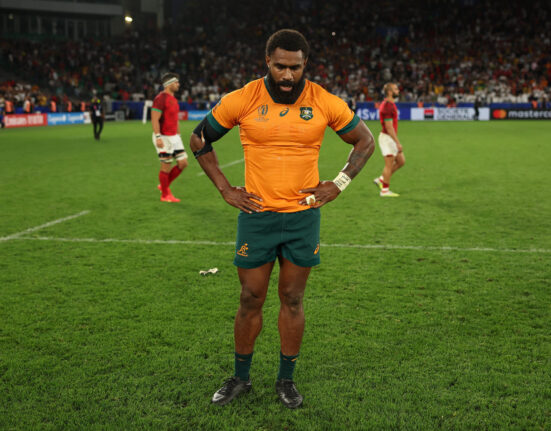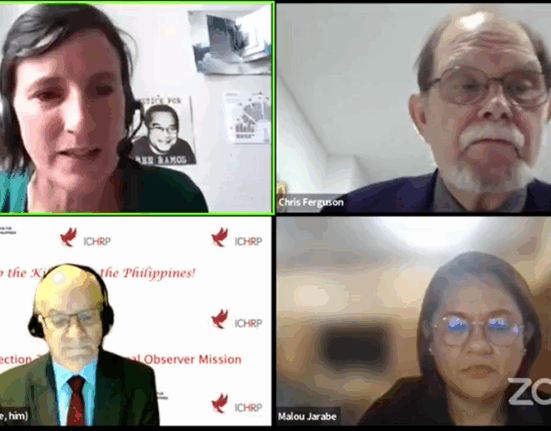Amid the political landscape where decisions can have far-reaching consequences, Adam Bandt, the leader of the Greens party, has been a vocal critic of the Aukus security pact. This agreement binds Australia closely to former US President Donald Trump, whom Bandt describes as a “dangerous demagogue.” In a recent address at the National Press Club in Canberra, Bandt emphasized his concerns about this alliance and its potential implications for Australia’s sovereignty.
“Now is precisely the wrong time for Australia to be joined at the hip to Donald Trump,”
Bandt expressed his apprehension that aligning with Trump could jeopardize Australia’s interests and entangle the nation in conflicts not of its choosing. He underscored that rather than enhancing Australia’s defense capabilities, Aukus might embroil the country in disputes orchestrated by Trump. According to Bandt, such entanglements could compromise Australia’s autonomy and force it to participate in actions that do not align with its national interests.
Challenging Public Perception
While Aukus enjoys bipartisan backing from major Australian political parties like Labor and the Coalition, Bandt believes that public opinion is shifting towards questioning this agreement. The Greens leader asserted that their stance resonates with many Australians who are wary of tying themselves closely to controversial figures like Trump. By voicing these concerns, Bandt aims to steer public discourse towards reassessing the ramifications of deepening alliances with individuals or entities whose agendas may differ significantly from those of Australians.
Influence on Election Dynamics
Bandt’s assertions extend beyond mere criticism; he forecasts an impending scenario where a hung parliament could grant significant influence to minor parties like the Greens. In such a situation, Bandt envisions leveraging this newfound power to push for progressive policies encompassing healthcare reforms, environmental conservation efforts, and economic adjustments aimed at promoting social equity. By outlining concrete policy proposals designed to address pressing societal issues, he seeks to position himself and his party as viable agents of change capable of steering Australian politics towards a more inclusive and sustainable future.
As discussions surrounding imminent elections gain momentum, Bandt’s calls for reshaping governmental priorities resonate with segments of society seeking substantive transformations. His vision involves recalibrating existing policies on taxation, property ownership regulations, and healthcare provisions through collaborative efforts within a potentially diverse parliamentary framework. These proposals underscore his commitment not only to critiquing prevailing paradigms but also offering tangible alternatives aimed at fostering comprehensive societal well-being.
Expert Insights:
Dr. Emily Wong, an esteemed political analyst specializing in international relations, asserts that Adam Bandt’s critique of the Aukus agreement underscores broader anxieties regarding geopolitical realignments amid changing global dynamics. She notes that while alliances are integral components of national security frameworks, scrutinizing their implications becomes crucial when they risk compromising sovereign decision-making processes or tethering countries too closely to external influences.
In conclusion:
Adam Bandt emerges as a prominent voice advocating for nuanced approaches towards strategic partnerships and policy formulations amidst evolving global circumstances characterized by heightened uncertainties. His meticulous scrutiny of agreements such as Aukus exemplifies a commitment towards safeguarding national interests while navigating complex geopolitical terrains fraught with competing ideologies and diverging priorities.
Through persistent advocacy grounded in principled stances on key issues ranging from foreign relations strategies to domestic governance imperatives,
Bandt positions himself as a pivotal figure shaping contemporary discourses on Australian politics and its interconnectedness with broader international arenas.








Leave feedback about this